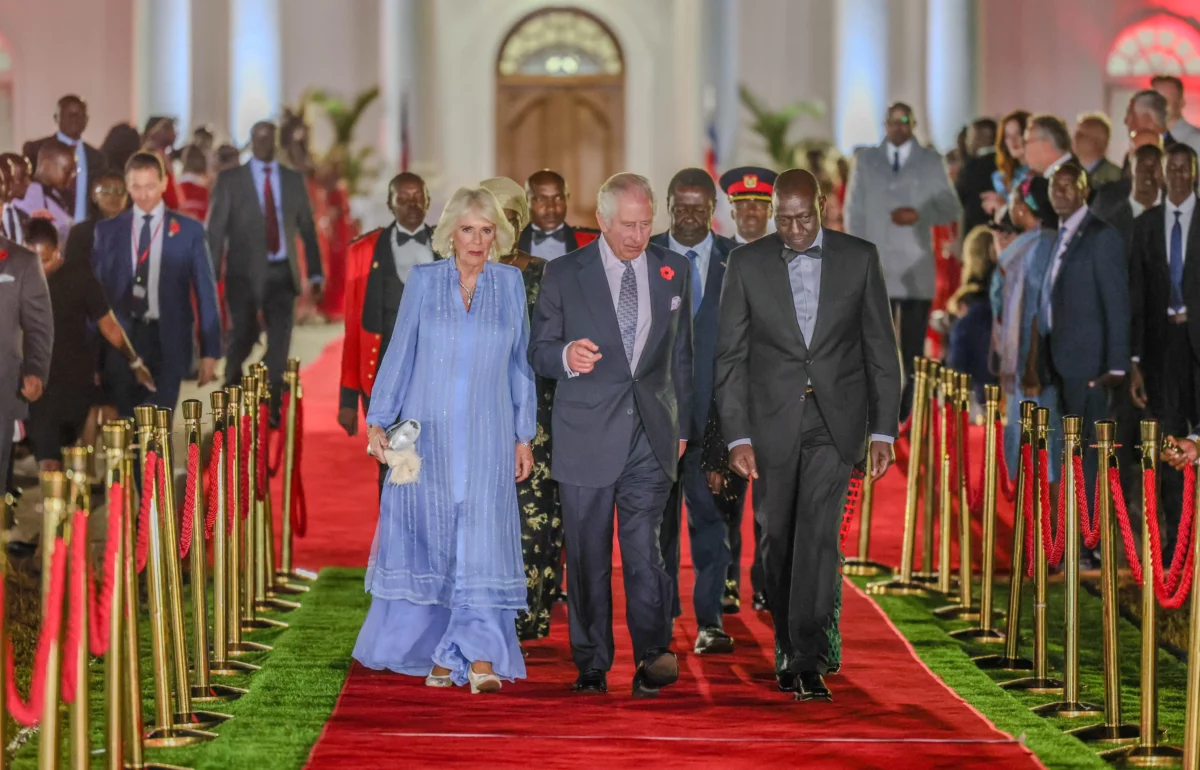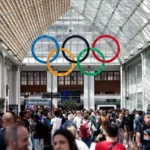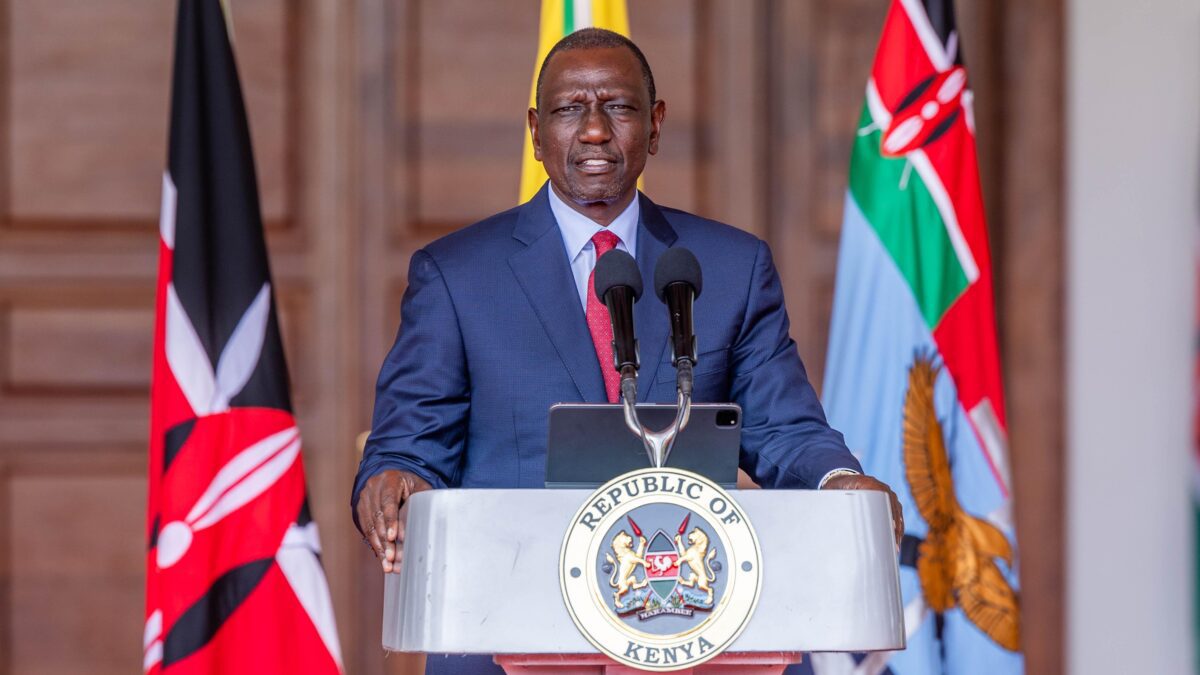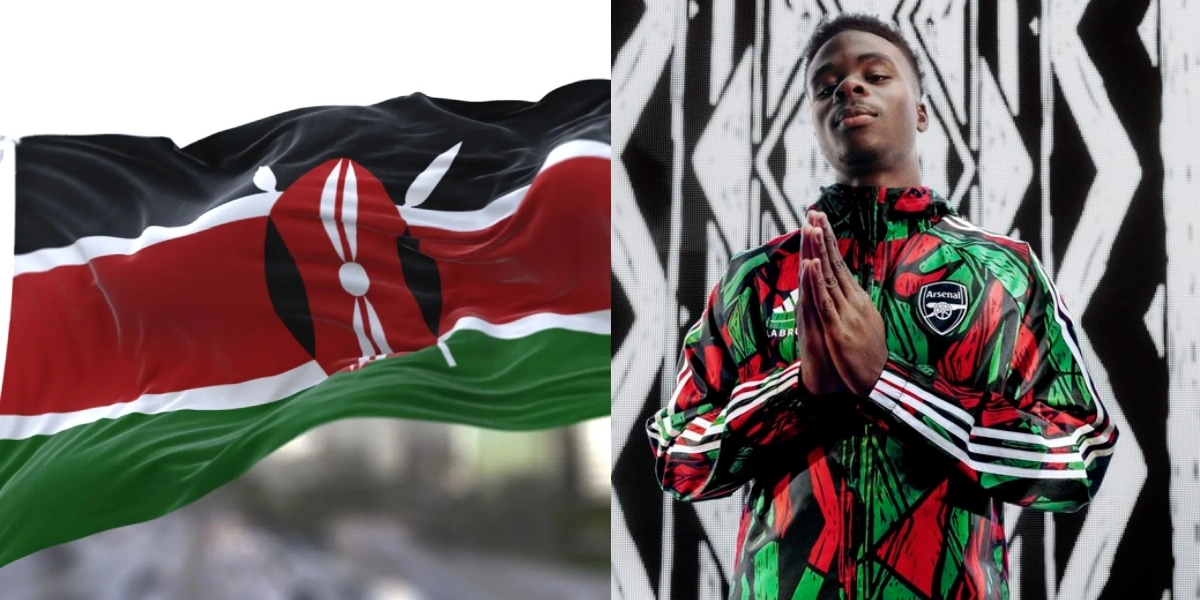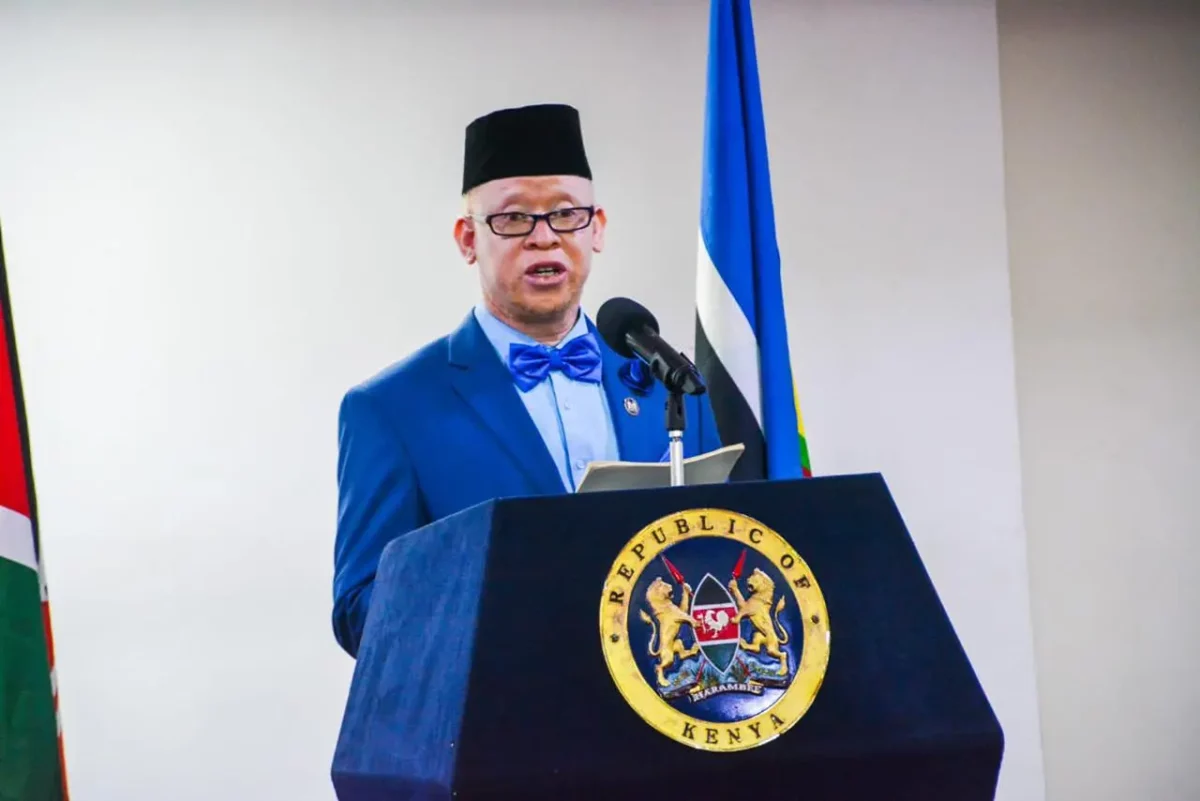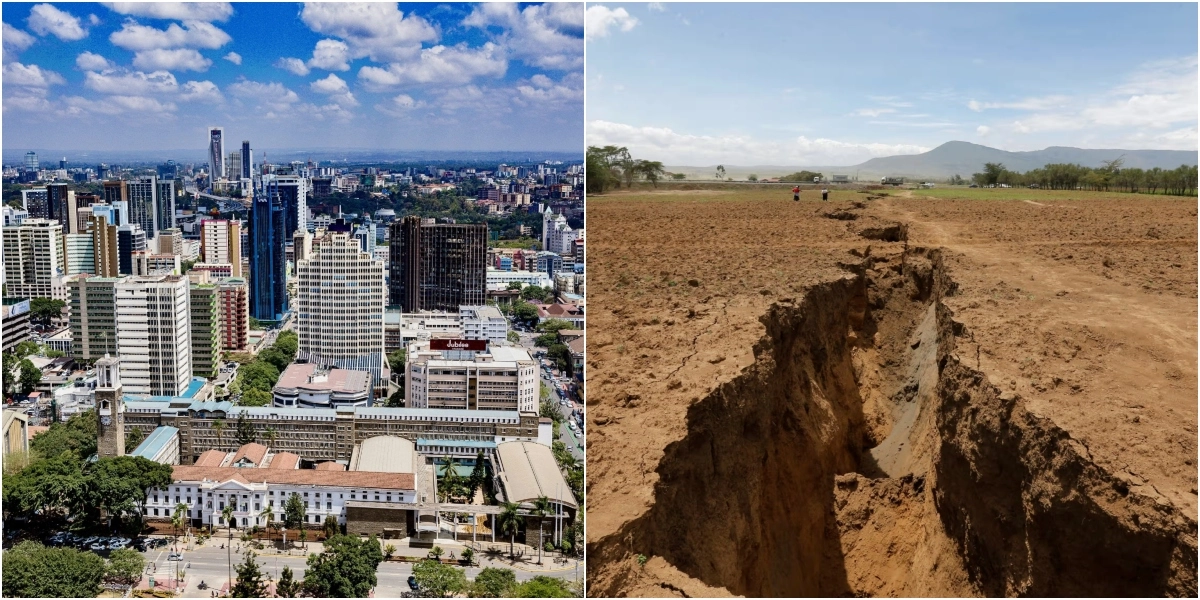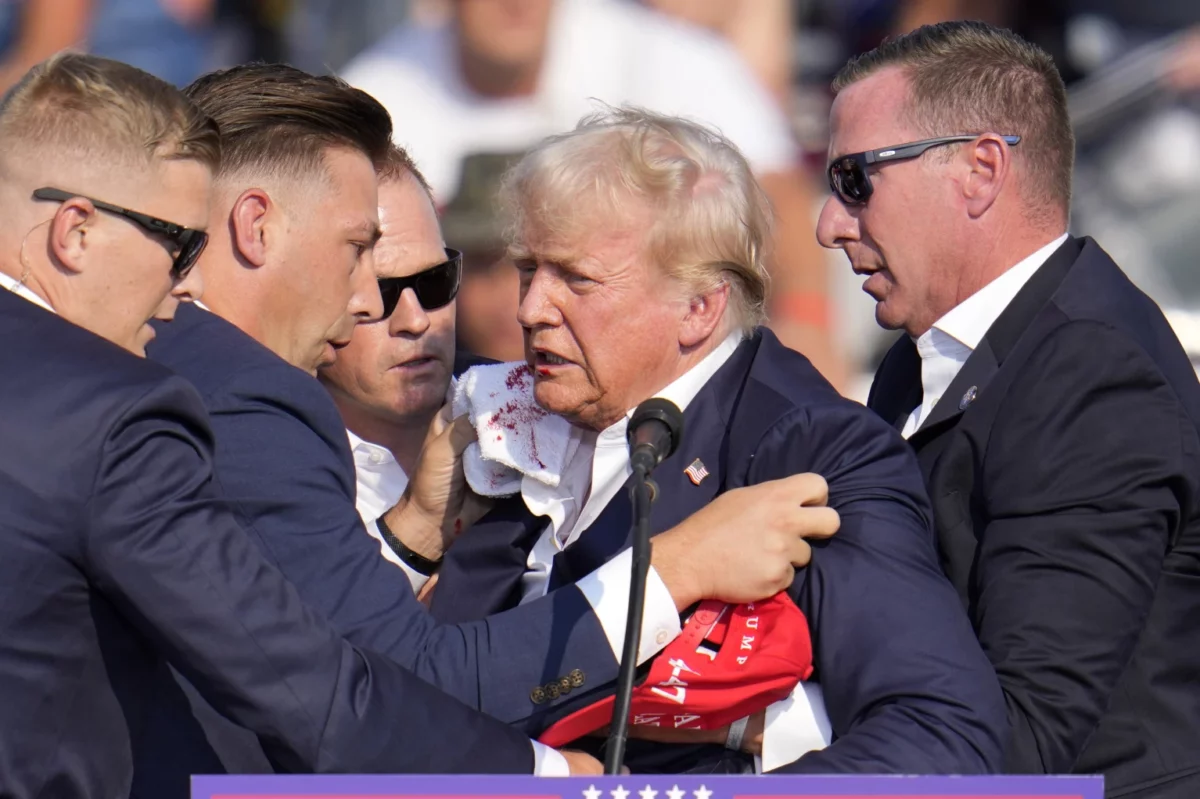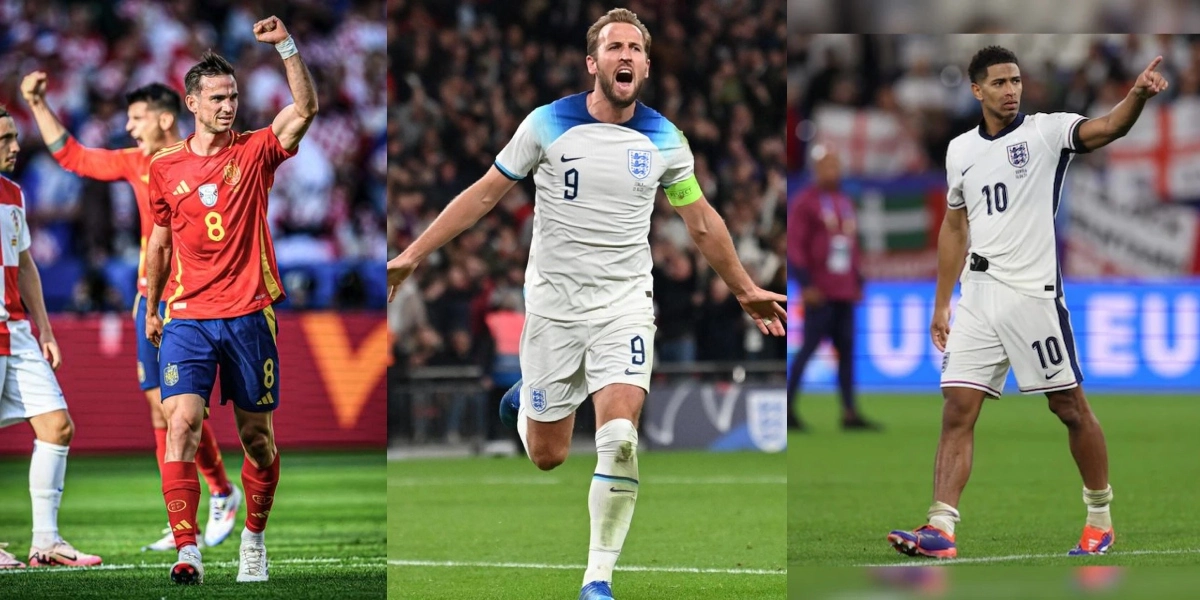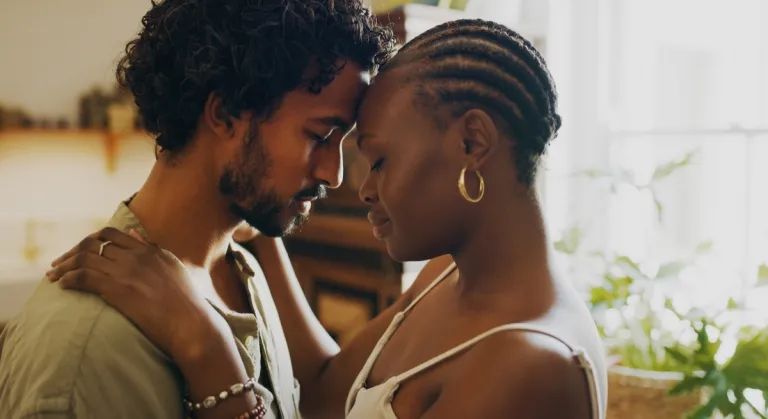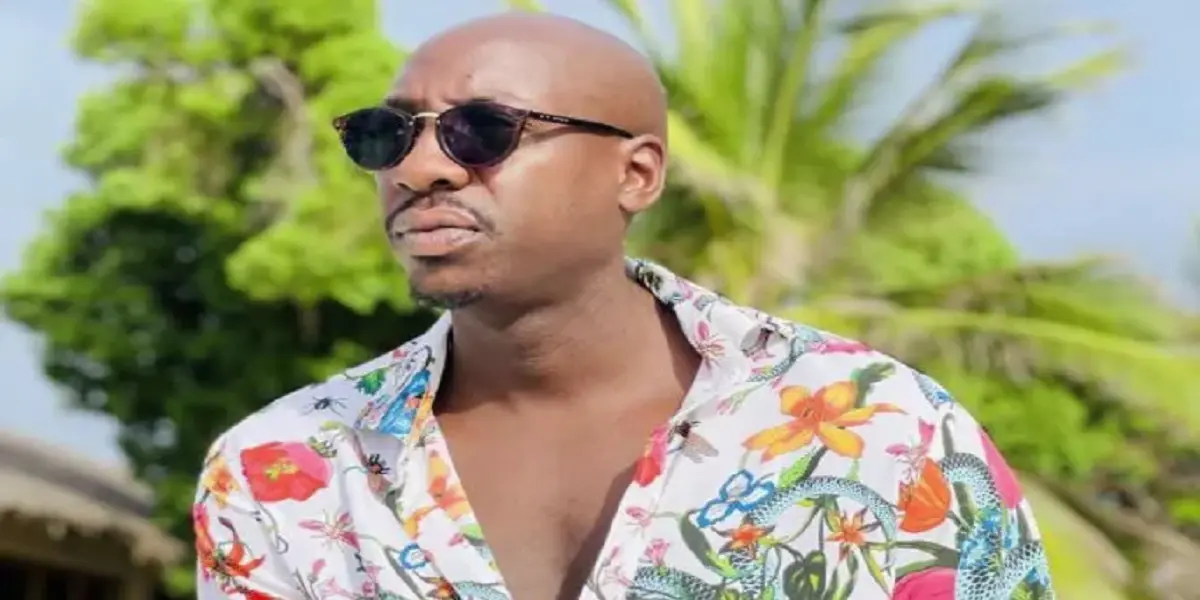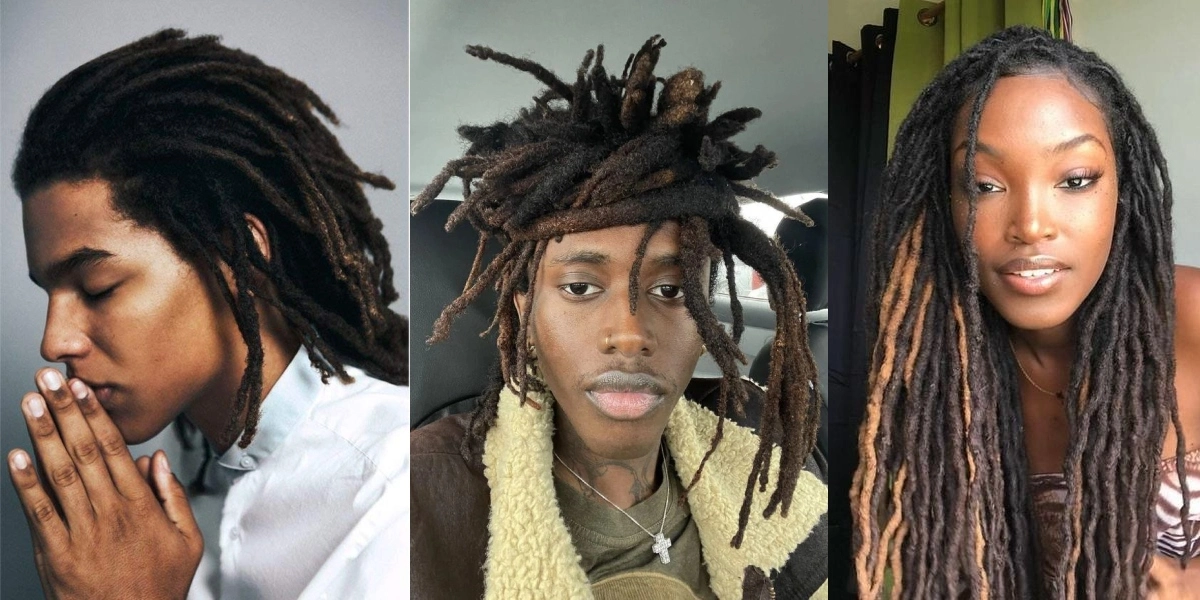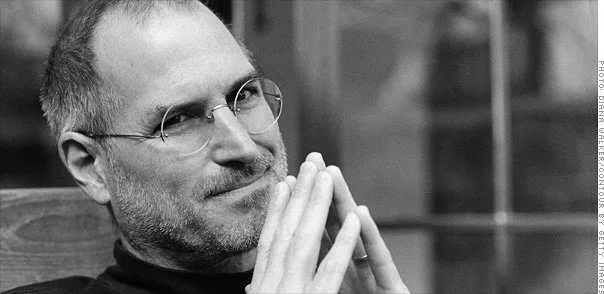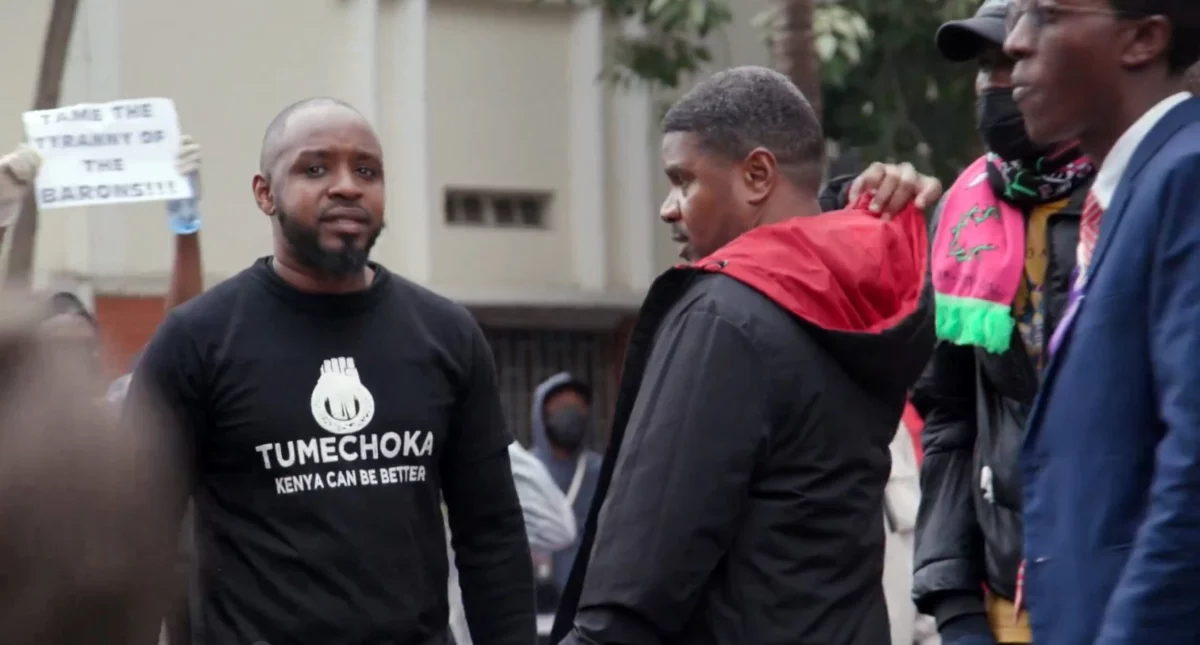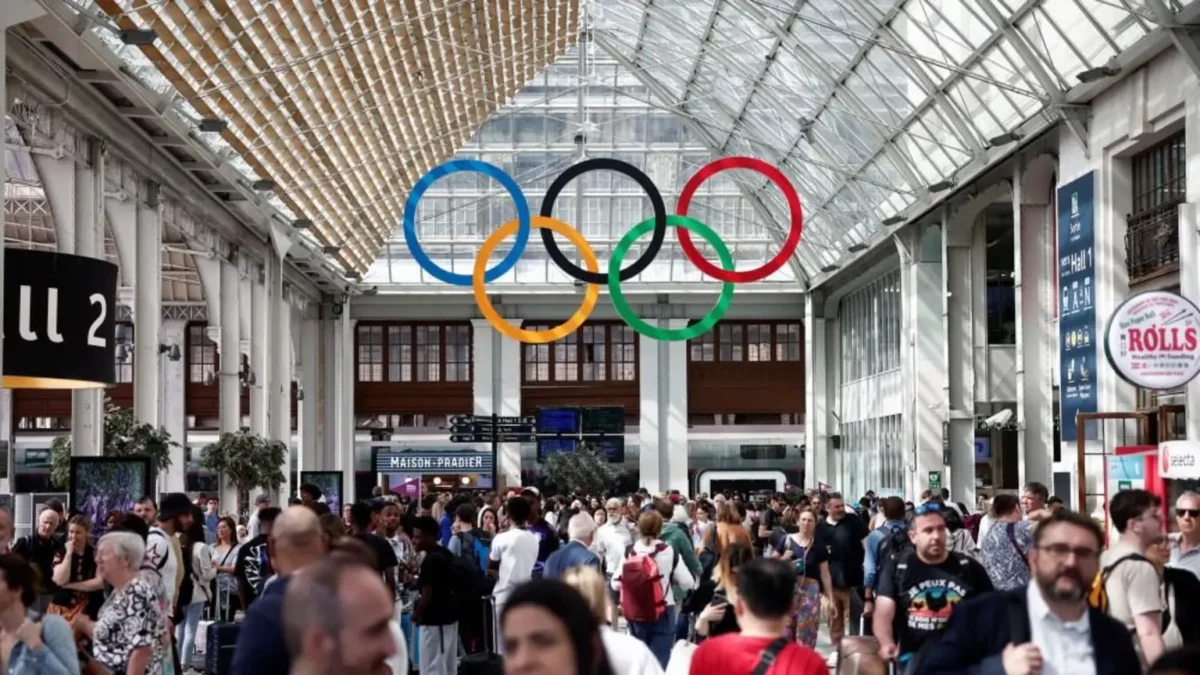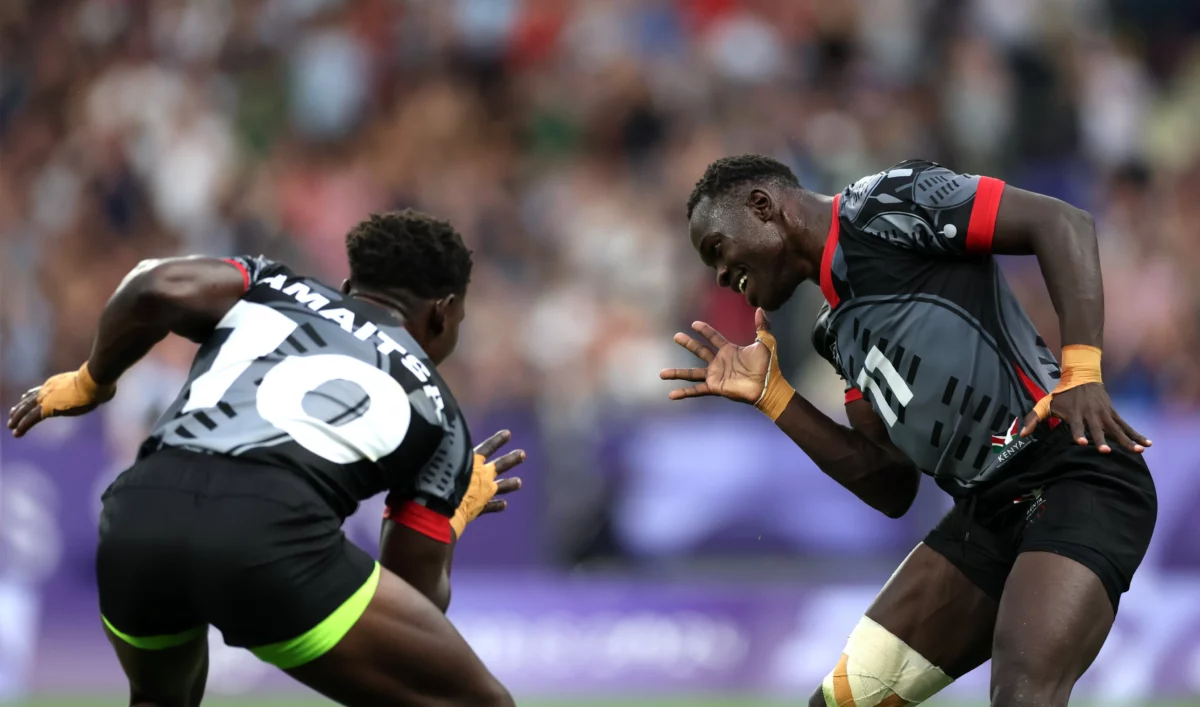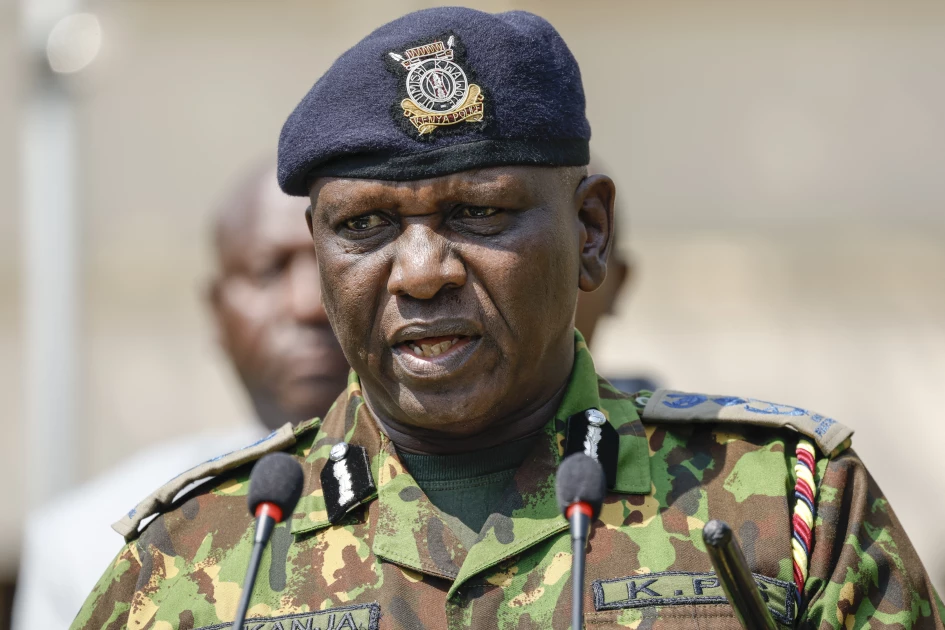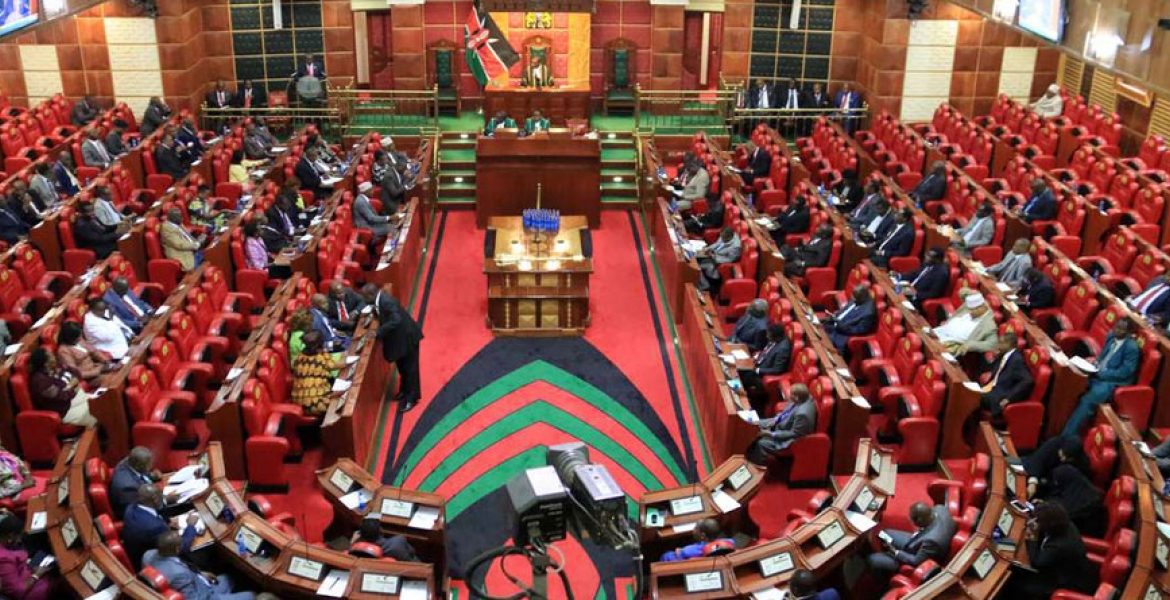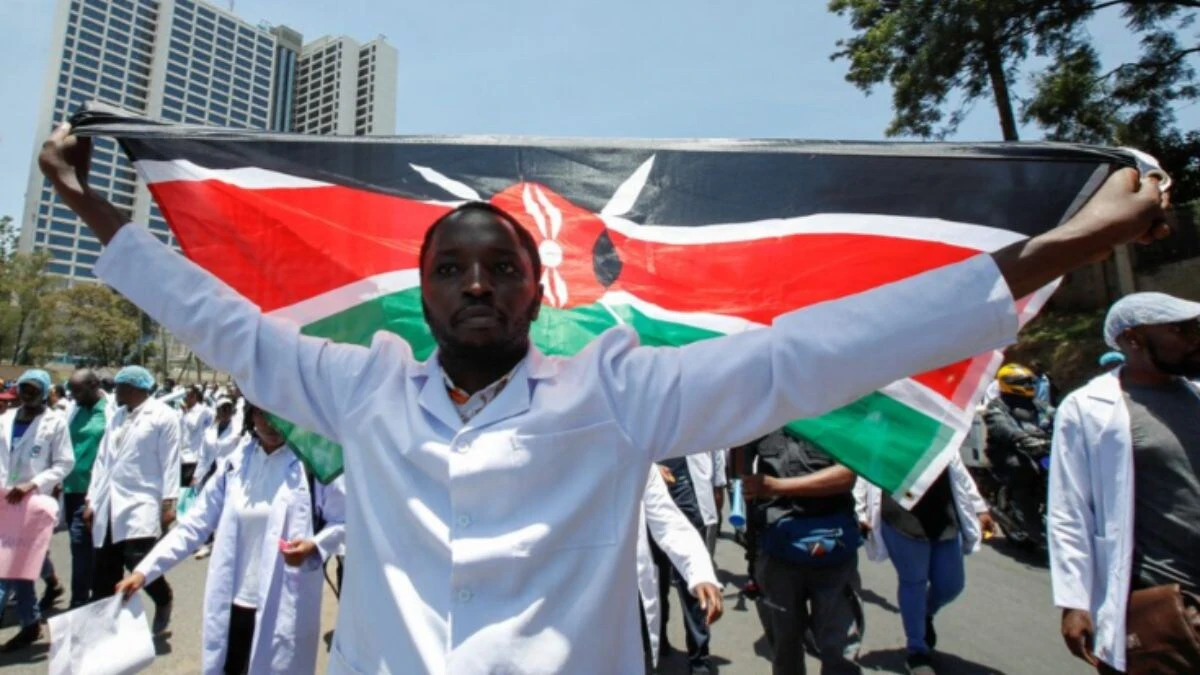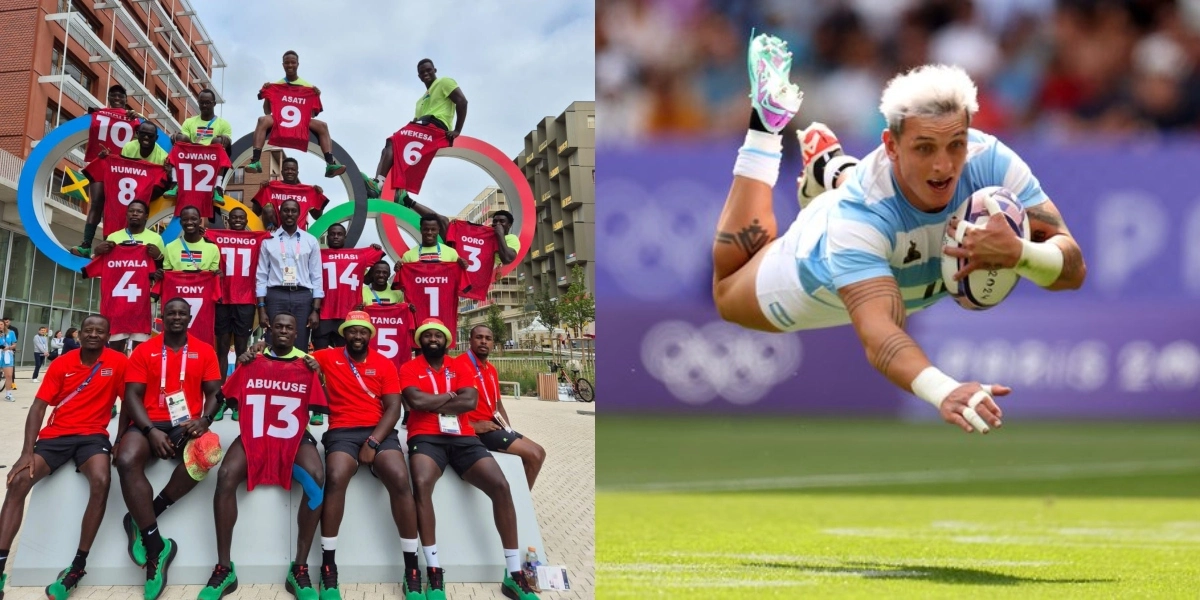At a state banquet in Statehouse Nairobi on Tuesday night, King Charles III acknowledged the painful colonial British history in Kenya during the fight for independence.
However, observers say the King did not deliver a formal apology to Kenyans which would have to be decided by the government officials.
This might have disappointed communities like the Gusii, Nandi, and Kikuyu as well as the Kalenjin Talai clan who are also demanding repatriation of 35,000 acres of land taken away during the British colonial era. The apology as observers argue would assist in giving the Kenyan survivors of colonial Britain’s excesses, healing and closure.
As Kenya prepares to mark its 60th independence anniversary, King Charles III told his audience that “The wrongdoings of the past are a cause of the greatest sorrow and the deepest regret. There were abhorrent and unjustifiable acts of violence committed against Kenyans. It matters greatly to me that I should deepen my understanding of these wrongs and that I meet some of those whose lives and communities were grievously affected.”
In response, Kenya’s President William Ruto praised the King’s bravado in addressing such “uncomfortable truths”.
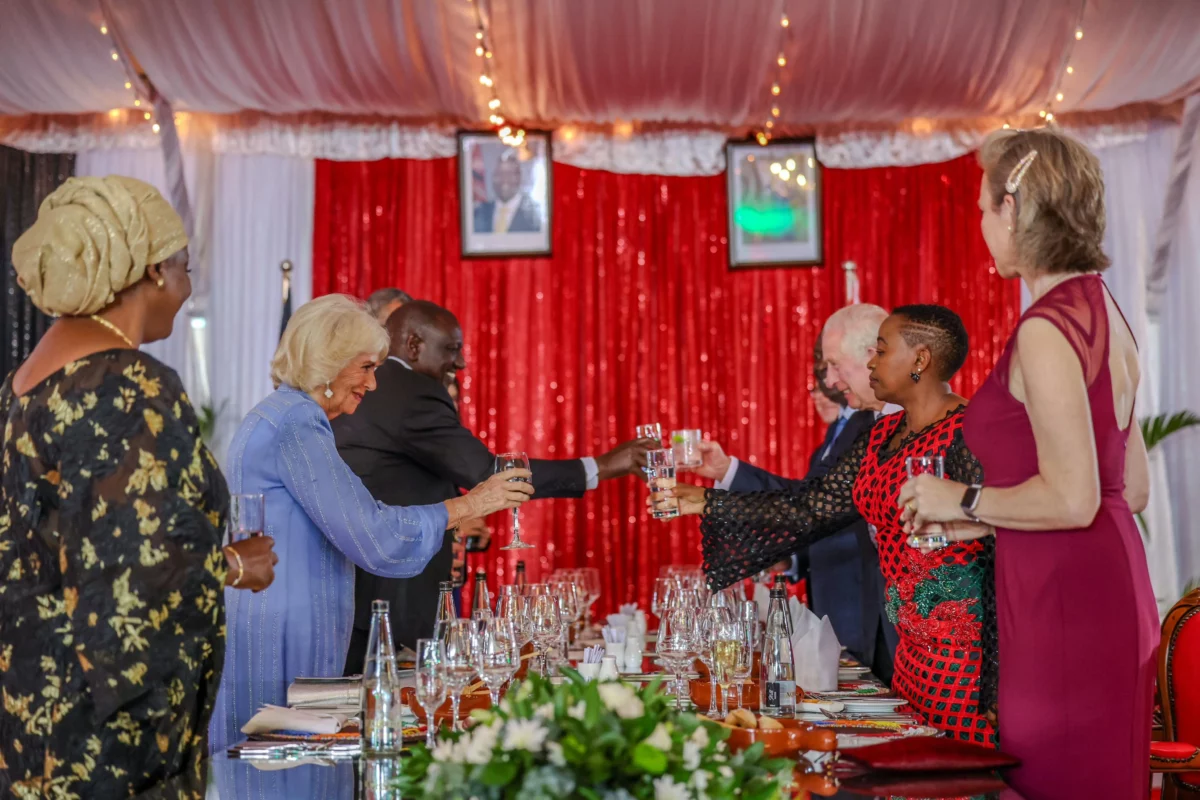
President Ruto told the audience that colonial rule had been “brutal and atrocious to African people” and that “much remains to be done to achieve full reparations”. He also added that while Kenya and the UK were celebrating 60 years of diplomatic relations there is no way the people of Kenya were total strangers before the declaration of independence.
This is the first trip by the Royals to a Commonwealth country since their coronation and there had been suppositions about a symbolic Royal apology.
King Charles, who delivered a bold acknowledgment of the “most painful times of our long and complex relationship”, told the gathering that the friendship between Britain and Kenya could be strengthened by “addressing our history with honesty and openness”.
The Royal Family, especially on visits to Commonwealth countries, have over the years faced questions concerning the legacies of colonialism and slavery, with calls for apologies and reparations.
Read Also: King Charles III, Camilla Visit Uhuru Gardens
It was a magnificent night as a portion of the King’s speech was delivered in Swahili, as he toasted the bonds between the two countries and remembered the affection his late mother Queen Elizabeth II felt for Kenya.
“It is very moving to read her diary from that visit where she wrote that she did not want to miss a moment of Kenya’s extraordinary landscapes.”
The ties between Kenya and the UK lie deep. It is the place where Princess Elizabeth became Queen at age 25 after her father died whilst on a commonwealth tour back in 1952 and where the Prince of Wales, Prince William proposed to his long-term girlfriend Kate Middleton in a log cabin while on safari at the Lewa Wildlife Conservancy.
On this first day of the state visit, King Charles had a meeting with President Ruto at State House Nairobi, laid a wreath at Uhuru Gardens, visited an urban farm, and met young Kenyan tech entrepreneurs.
Subscribe to Switch TV for more interesting content
In the coming days, the State visit to Kenya will focus on ways in which Britain and Kenya are working together, including tackling climate change and encouraging opportunities and employment for the youth
Their Majesties will continue their state visit itinerary on Wednesday with several events lined up, including a tour of the United Nations.
They are also expected to visit the National Park to appreciate Kenya’s wildlife diversity before they head to Mombasa on Wednesday.
At the Coast, Her Majesty will spend time with survivors of gender-based violence, while His Majesty will engage with religious leaders who are working with UK-funded programs to promote community cohesion.
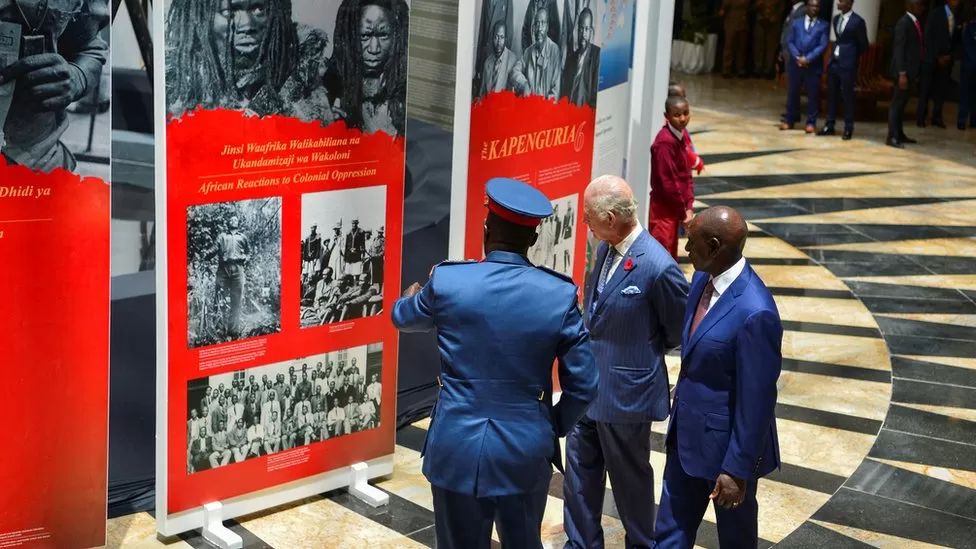
The royal visit to Kenya is however, overshadowed by atrocities of the British government during the state of emergency in the 1950s when more than 10,000 people were killed and others tortured during the brutal suppression of the Mau Mau uprising. Subsequently, the GEMA communities were targeted and their leaders jailed including founding President Jomo Kenyatta who was part of the Kapenguria Six.
The resistance group remained outlawed and was designated a terrorist organization by the colonial government and successive administrations in independent Kenya which did not overturn the ban.
The British government has expressed regret and paid compensation to some of the Mau Mau veterans but remains for the King to publicly apologize as analysts suggest. Rights groups and survivors have exerted pressure, demanding a public apology and reparations in billions.


